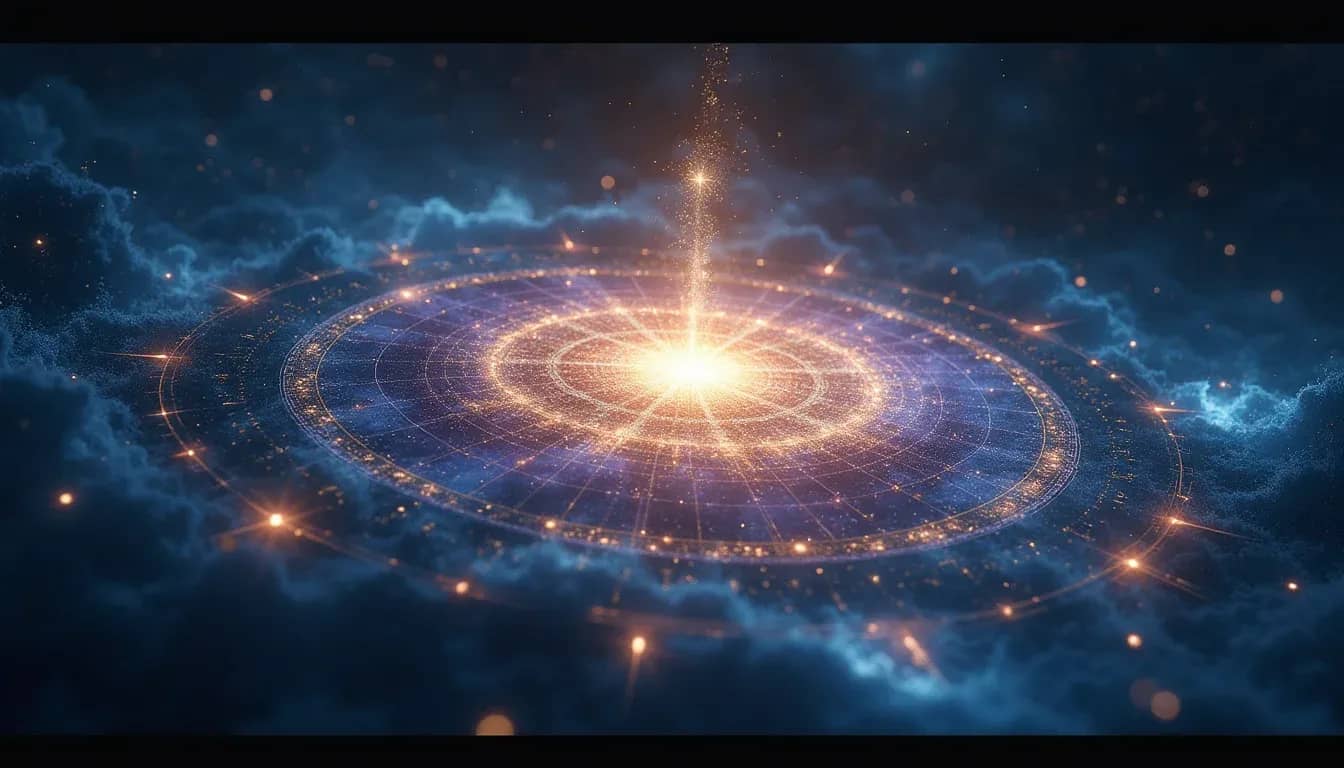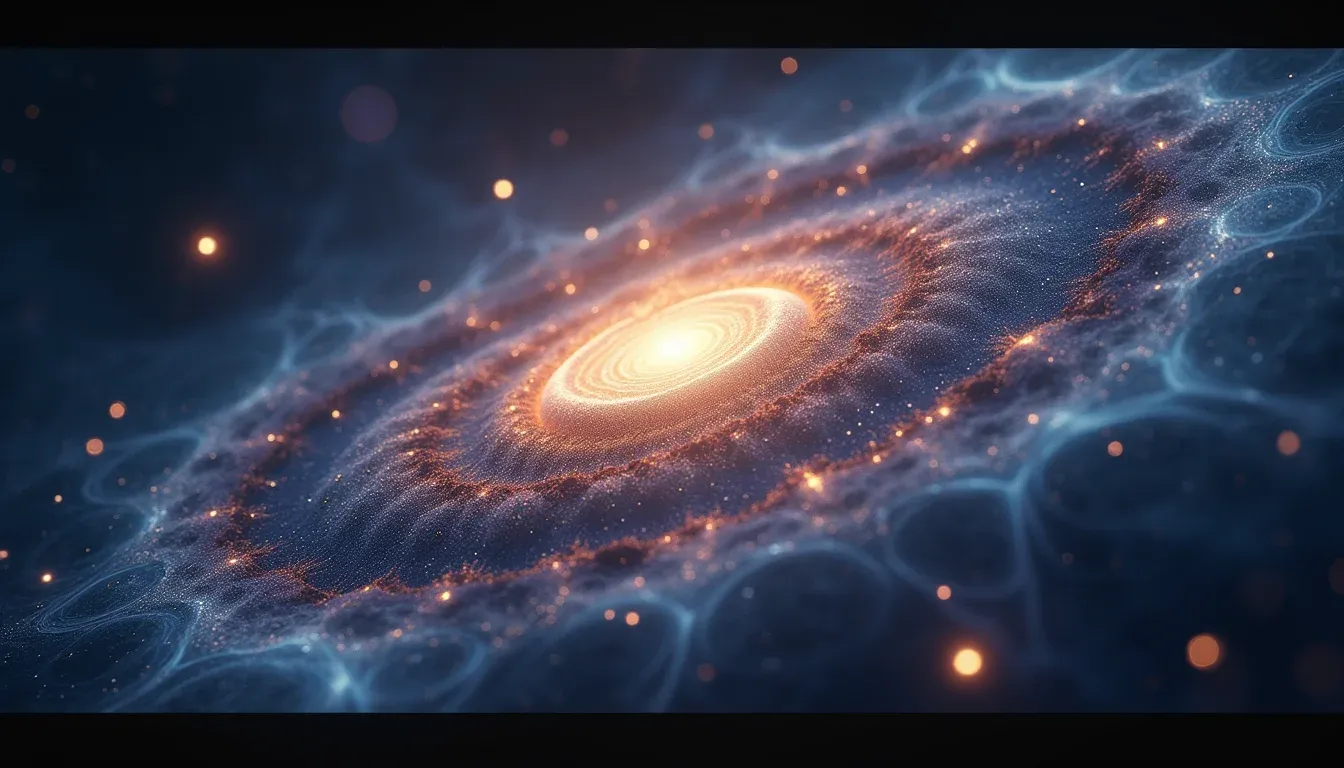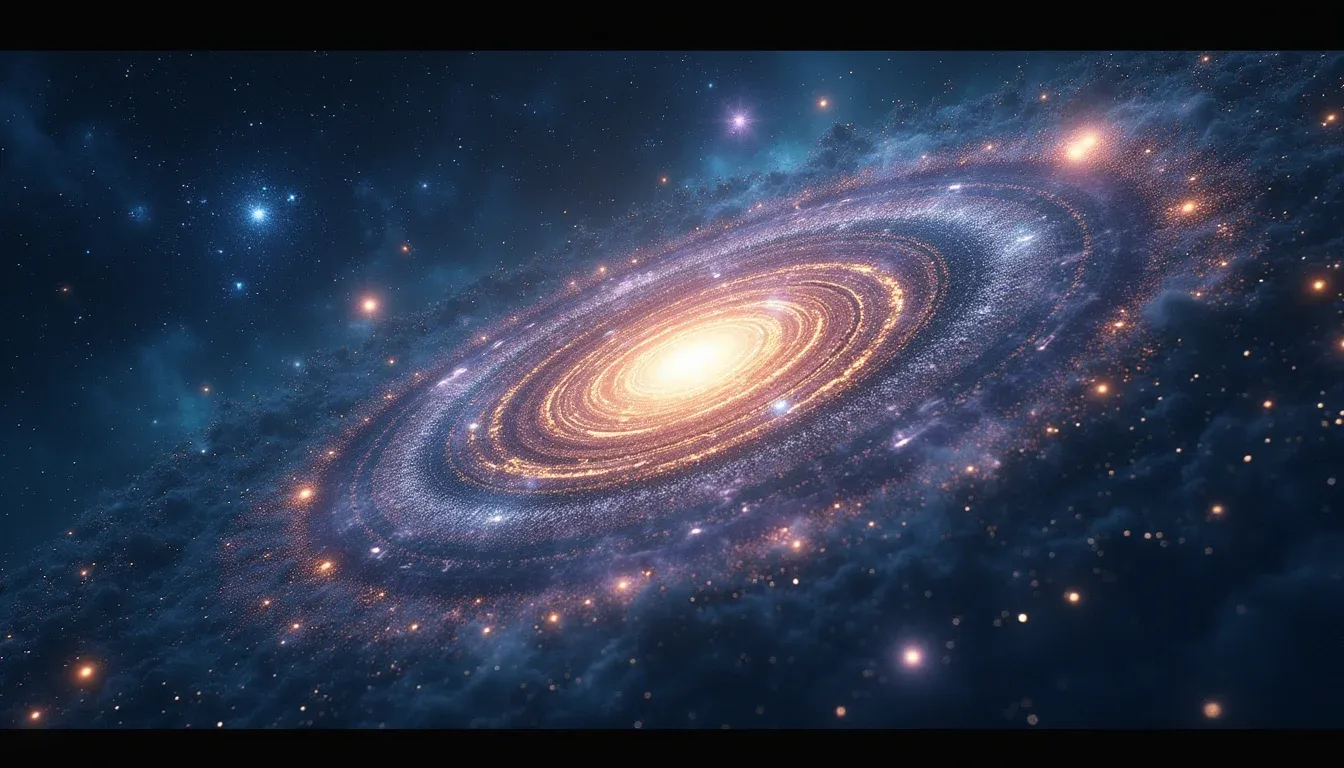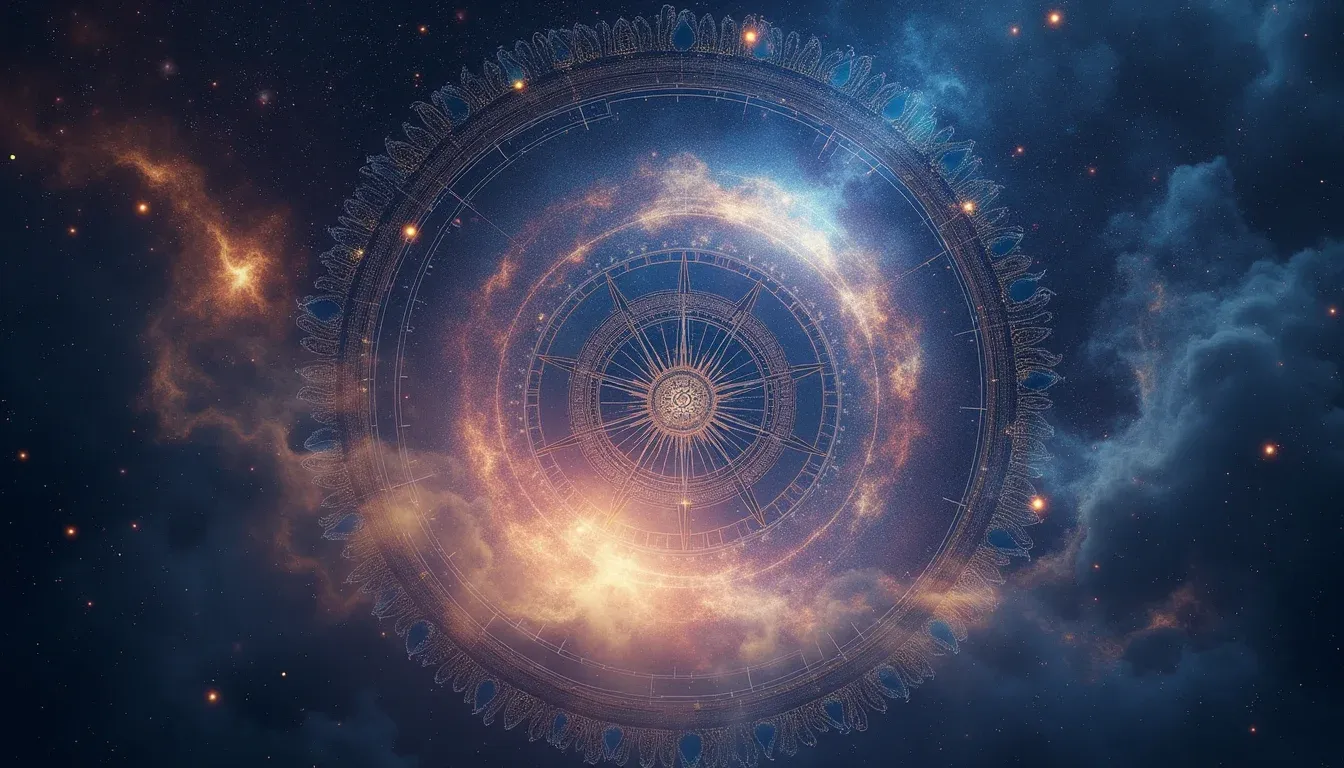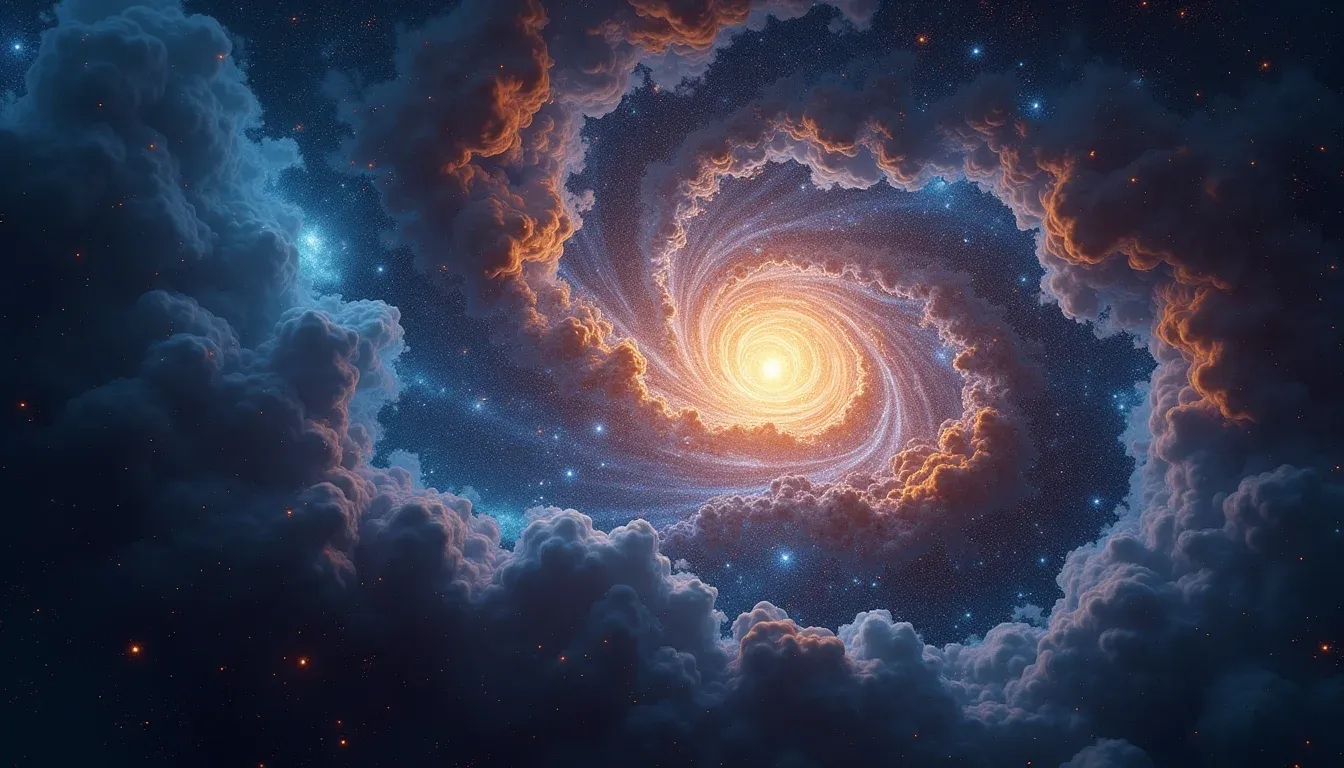Unraveling the Mysteries: What is the Concept of Manglik?
Discover what is the concept of manglik insights and guidance from expert astrologers.
The concept of being "Manglik" is often shrouded in mystery and misunderstanding. As a Vedic astrologer with over 15 years of experience, I have witnessed countless individuals grapple with the implications of this astrological condition. It can evoke feelings of fear and uncertainty, particularly around relationships and marriage. However, understanding what it truly means to be Manglik can empower you to navigate these challenges with clarity and confidence. This blog post will delve deeply into the concept of Manglik dosha, its astrological significance, and practical remedies to mitigate its effects, ensuring you are well-informed and equipped to face any challenges that may arise.
The Cosmic Foundation: Understanding Manglik Dosha
In Vedic astrology, the term "Manglik" refers to an individual whose Mars (Mangal) is positioned in specific houses of their natal chart, particularly the 1st, 4th, 7th, 8th, or 12th houses. This positioning is believed to create what is known as "Manglik dosha." Mars, known as the planet of action, energy, and aggression, can bring both positive and negative influences depending on its placement. When Mars is in a position that creates Manglik dosha, it is said to result in various challenges, particularly in marital relationships.
The concept of Manglik dosha has its roots in ancient texts and has been a topic of discussion among astrologers for centuries. It is crucial to understand that being Manglik does not indicate a person is doomed to failure in relationships. Instead, it simply means that they may face particular challenges that require attention and awareness. The belief is that Manglik individuals might experience delays in marriage, conflicts in relationships, or even the untimely death of a spouse. However, these are not definitive outcomes; rather, they highlight areas where caution and proactive measures can be beneficial.
The Role of Mars: An Astrological Perspective
Mars, or Mangal, is often regarded as a fierce planet in astrology. Its energy is associated with courage, passion, and assertiveness. However, when it manifests as Manglik dosha, it can lead to impulsiveness, aggression, and conflict in relationships. Understanding Mars's influence is essential for those who find themselves categorized as Manglik.
In Vedic astrology, the placement of Mars in the chart is assessed by its aspects, conjunctions, and the overall strength of the planet. For instance, if Mars is well-placed but in a Manglik position, it may still yield positive outcomes when balanced with other supportive planetary placements. Conversely, a poorly placed Mars can exacerbate the challenges associated with Manglik dosha, leading to more significant relationship issues.
To fully grasp the implications of being Manglik, one must also consider the entire birth chart. Factors such as the Moon sign, Venus placement, and the overall dynamics of the chart play a crucial role in shaping an individual's experiences in relationships. Thus, consulting with an experienced astrologer can provide deeper insights into how Manglik dosha specifically affects you.
The Three Types of Manglik Dosha
It's important to note that not all Manglik dosha is created equal. There are three primary types of Manglik dosha, and understanding which category you fall into can influence the remedies and approaches you may need to consider.
The first type is Chandra Manglik, where the Moon is affected by the placement of Mars. This type can create emotional instability and challenges in finding a harmonious partner. The second type is Rahu Manglik, where the influence of Rahu amplifies the challenges posed by Mars, leading to unpredictable relationship dynamics. Finally, there is the Ketu Manglik, where the presence of Ketu may create detachment or a lack of commitment in relationships.
Each type of Manglik dosha has distinct characteristics and requires tailored remedies to mitigate its effects. By understanding these nuances, you can better address the specific challenges you may face and work towards more fulfilling relationships.
Personalized Guidance Awaits
Our expert astrologers can reveal remedies tailored specifically to your birth chart. Connect with us for a live consultation.
Download our Astrosight AppThe Impact of Manglik Dosha on Relationships
The implications of Manglik dosha can vary widely depending on an individual's unique chart and circumstances. While some might experience significant challenges, others may navigate their relationships with relative ease. Here are some common effects associated with Manglik dosha:
1. Delays in Marriage: Manglik individuals may find themselves facing delays in finding the right partner or in getting married. This is often perceived as a significant concern, but it serves as a reminder to cultivate patience and self-awareness.
2. Conflict in Relationships: The fiery energy of Mars can lead to misunderstandings and conflicts between partners. It is crucial for Manglik individuals to communicate openly and work on emotional regulation to maintain harmony in their relationships.
3. Compatibility Issues: When assessing compatibility, many families consider the Manglik status of both partners. This can create additional pressure on Manglik individuals, making them feel less desirable or leading to self-doubt.
4. Potential Health Issues: In some cases, Manglik dosha can be associated with health issues for the spouse. Thus, it’s advised for Manglik individuals to engage in practices that promote health and well-being.
Despite these challenges, it is essential to remember that Manglik dosha does not define your destiny. With awareness and proactive measures, you can navigate these potential issues and foster healthy, loving relationships.
Remedies for Manglik Dosha: Finding Balance and Harmony
While understanding Manglik dosha can be daunting, there are numerous remedies and practices that can help mitigate its effects. Here are some effective approaches:
1. Performing Pujas and Rituals: Engaging in specific rituals dedicated to Mars can help appease its energy. Performing a Mangal Dosh Nivaran Puja is one such remedy that many find beneficial. This puja involves offerings and prayers to seek blessings for a harmonious marital life.
2. Wearing Gemstones: Certain gemstones, such as red coral, are believed to harness the positive energies of Mars. Consulting with an experienced astrologer on the right gemstone for your specific chart can provide significant benefits.
3. Chanting Mantras: Reciting mantras dedicated to Mars, such as the "Mangal Gayatri Mantra," can help channel positive energy and alleviate the challenges posed by Manglik dosha. Regular chanting can lead to emotional stability and improved relationships.
4. Practicing Meditation and Yoga: Engaging in mindfulness practices can help Manglik individuals cultivate emotional balance and self-awareness. Yoga, particularly practices that focus on grounding and stability, can help mitigate the fiery energy of Mars.
5. Seeking Professional Guidance: Consulting with a knowledgeable astrologer can provide personalized insights and remedies tailored to your unique birth chart. This can help you navigate the complexities of your Manglik status more effectively.
By employing these remedies, you can work towards creating a more fulfilling and harmonious life, regardless of the challenges presented by Manglik dosha.
Cultural Significance and Modern Perspectives on Manglik Dosha
The cultural significance of Manglik dosha is deeply rooted in Indian traditions. It is often seen as a critical factor during marriage negotiations, and many families consider it a red flag. However, as society evolves, so too do perceptions regarding Manglik dosha.
In modern contexts, many individuals are beginning to question the stigma associated with being Manglik. The growing awareness of mental health and emotional well-being has prompted a more nuanced understanding of relationships. Many people now recognize that love, compatibility, and mutual respect are far more important than astrological labels.
Furthermore, the rise of online astrology consultations has made it easier for individuals to seek personalized guidance and remedies, allowing them to approach their Manglik status with a sense of empowerment rather than fear. This shift in perspective encourages individuals to embrace their unique astrological journeys with an open heart.
Explore Astrosight Services
In conclusion, understanding the concept of Manglik dosha is crucial for anyone navigating the complexities of relationships in the context of Vedic astrology. While it may present certain challenges, it is essential to remember that it is not a definitive sentence. With awareness, proactive measures, and personalized remedies, you can cultivate fulfilling and harmonious relationships despite any astrological obstacles. If you are looking for personalized insights and guidance tailored to your unique chart, connect with our expert astrologers at Astrosight. Your journey towards love and harmony awaits!
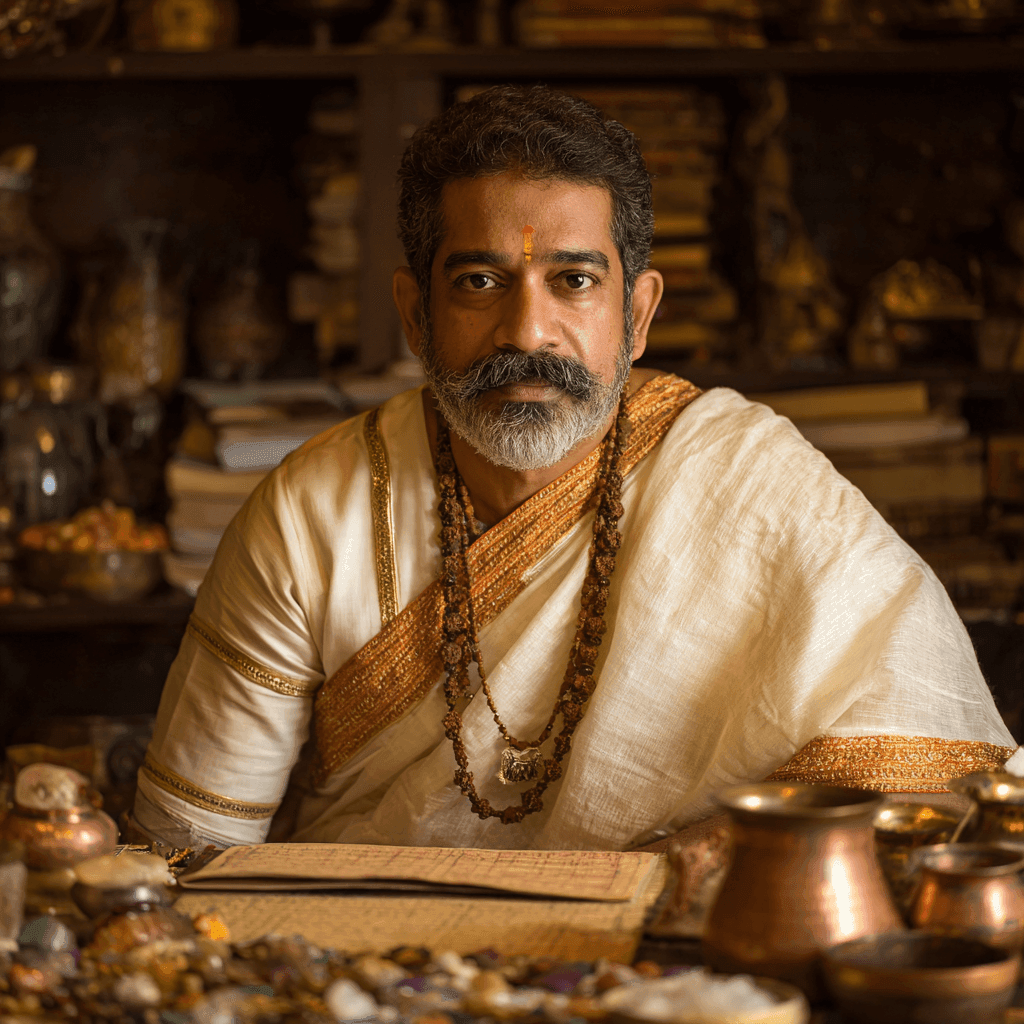
Acharya Ravi Teja
Expert in Vedic Astrology Remedies, 18+ Years of experience
18 + Years of Experience
100+ Readers
Acharya Ravi Teja is a distinguished remedial astrology expert with over 18 years of specialized experience in the therapeutic and corrective aspects of Vedic astrology. His extensive practice focuses on prescribing and implementing powerful astrological remedies including gemstone recommendations, yantra installations, mantra practices, and comprehensive dosha mitigation strategies. As a contributing writer for AstroSight, Acharya Ravi Teja shares his profound knowledge of remedial measures that address planetary afflictions, karmic imbalances, and doshas such as Manglik, Kaal Sarp, and Pitra Dosha. His expertise encompasses the precise selection of authentic gemstones based on individual birth charts, the consecration and placement of sacred yantras for specific purposes, and the guidance of targeted mantra practices for spiritual and material well-being. Through his methodical approach and deep understanding of remedial astrology, Acharya Ravi Teja has successfully helped thousands of clients neutralize negative planetary influences and enhance positive cosmic energies, establishing himself as a trusted authority in the field of astrological remedies and spiritual healing.
